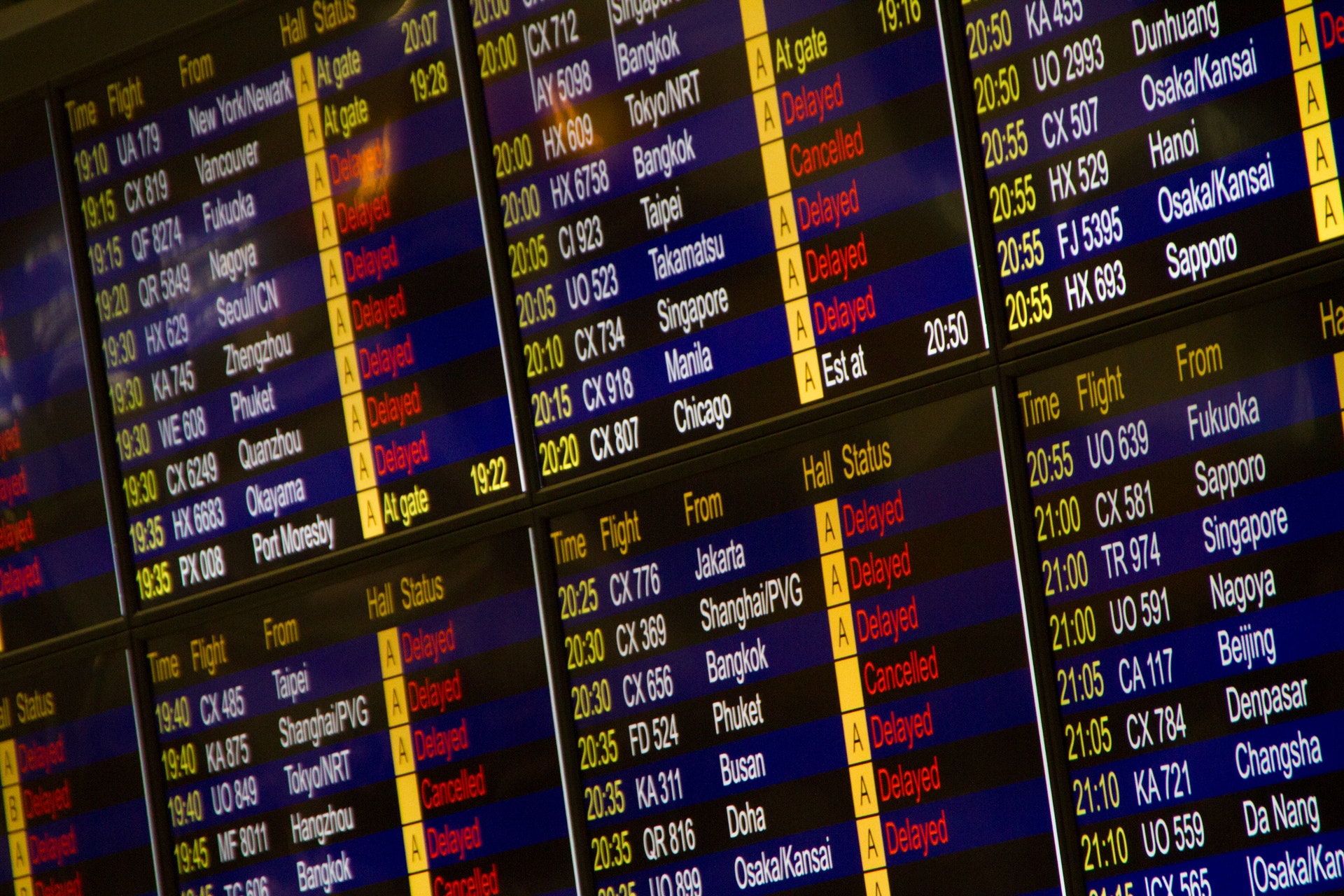Over the last two decades, Australia has boasted one of the most prosperous and resilient economies in the world. While several sectors have been severely impacted by the COVID outbreak and the subsequent border closures, the Australian commercial property was also affected but not as severely as many predicted.
There has still been significant investment from both local and international sources in the recovering commercial property market in Australia. Specifically, international property owners account for a good portion of commercial real estate in the country as an increase in global mobility made it common for wealthy families and businesses to acquire property overseas. Especially when the Australian tertiary education system is thriving and has unrestricted access, Australia has been an attractive proposition for foreign investment for many years now.
As per the Foreign Investment Review Board, foreign investors have accounted for the purchase of 7,482 Australian residential properties (worth $6 billion) since March 2020. Since 2020, Queensland, New South Wales, and Victoria represent a major portion of the total international investment in the Australian property market. If you are looking to invest in commercial property in Victoria, Axis Property are the industry experts who can help grow and manage your property portfolio.
While the numbers look impressive, the shortcomings of the labour force may pose a threat to the commercial property market. With border restrictions and quarantine mandates, the property market could face a substantial decrease in new projects and the continuation of existing ones. It can directly impact the operations of the property market. When border restrictions ease and the labour market recovers, the demand for commercial property is set to rise but uneven supply is likely to create tension between foreign investors and property agents.
Foreign direct investment (FDI), which historically contributes a considerable cash flow to the national property market, has hit a record low (the lowest since 2015-16). Chinese investment, which typically accounts for a large portion of the foreign buyers, boycotted the market following a trade dispute between Beijing and Canberra in 2020. It has directly affected the total FDI in property investments. As per Real Capital Analytics (RICA), total property investments from Chinese investment fell from $935 million in 2019 to $664 million in 2020. Strict border rules could worsen the case further as Australia battles with the new Omicron variant.
As the traditional components of the Australian commercial property market switch places and mutate, opportunity is still abound for eager investors. Case numbers for the Omicron strain are dropping and vaccination rates are increasing, especially amongst the labour market which suggests a return to normality could be imminent. If you are serious about commercial property investment and can see opportunity in the vacancy of some of Melbourne’s once untouchable CBD office space, contact Axis Property today. Their expertise and eye for opportunity could be of significant value to your portfolio before the demand eclipses the supply in the near future.
